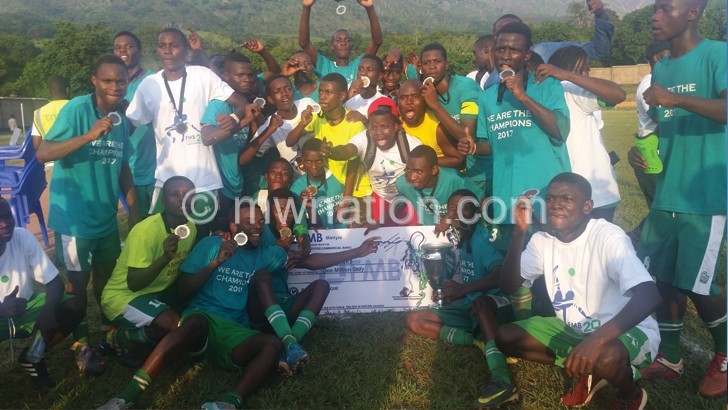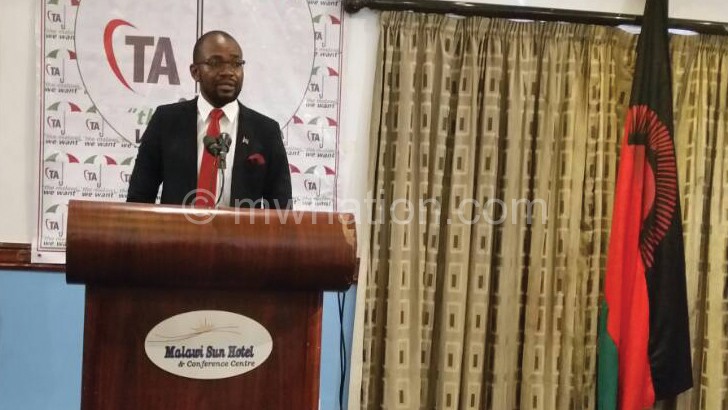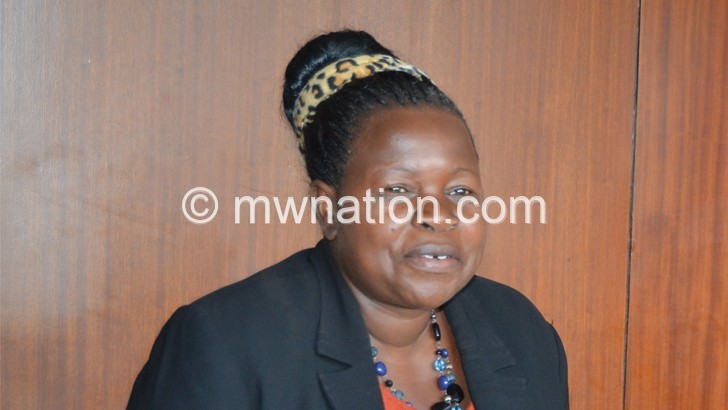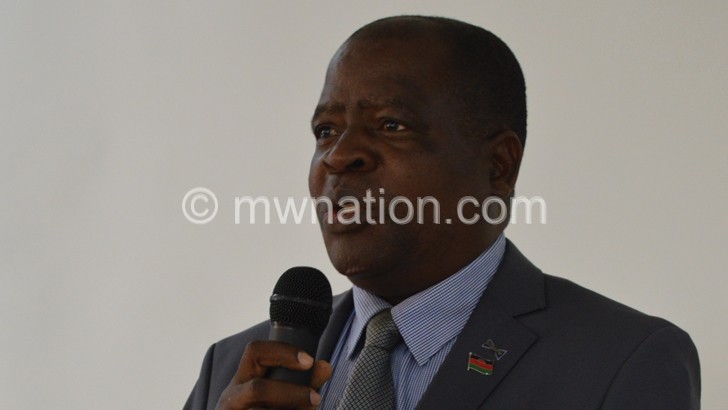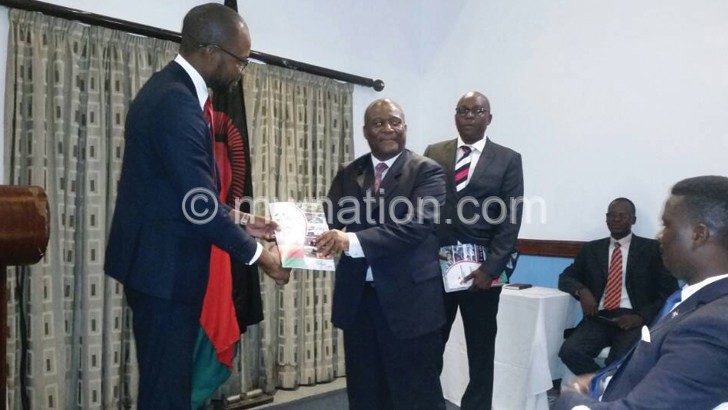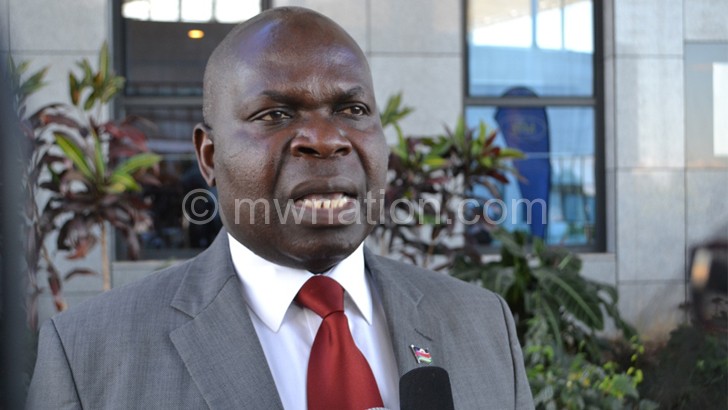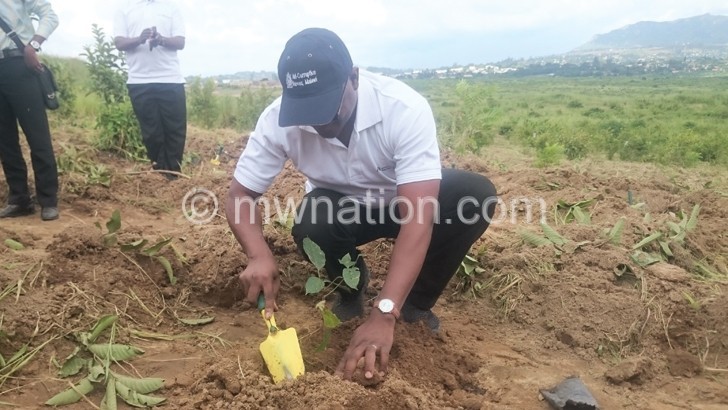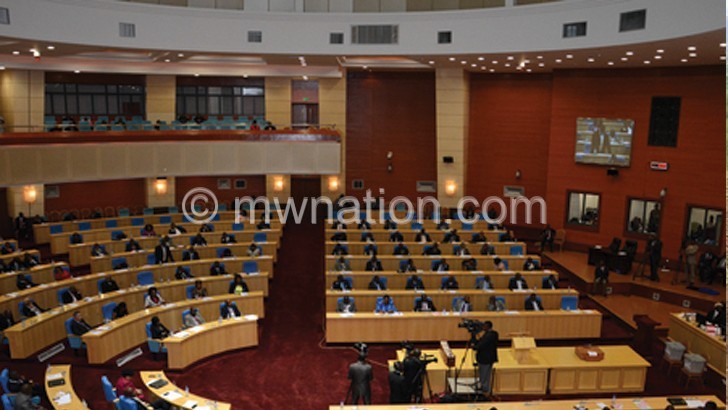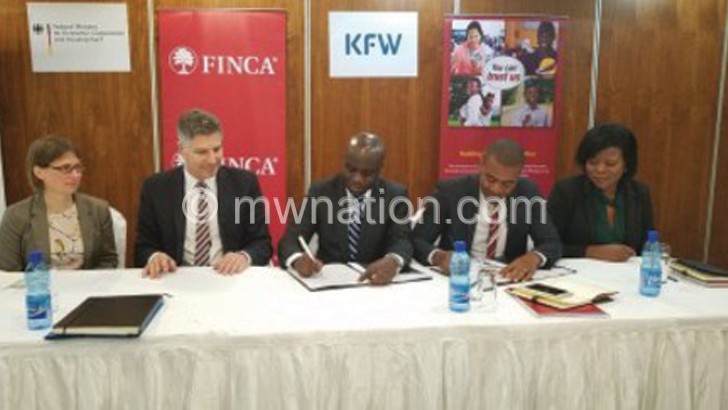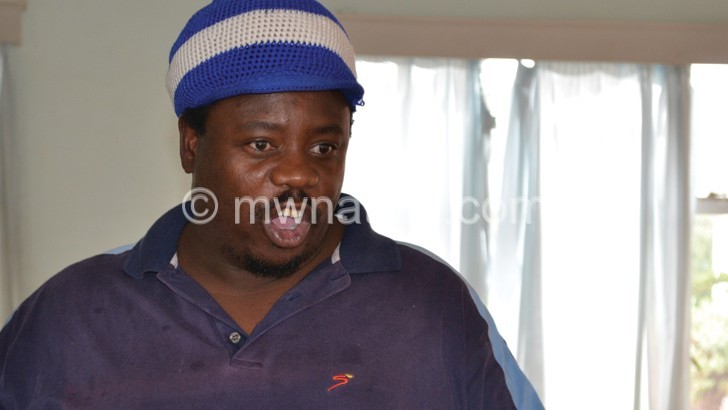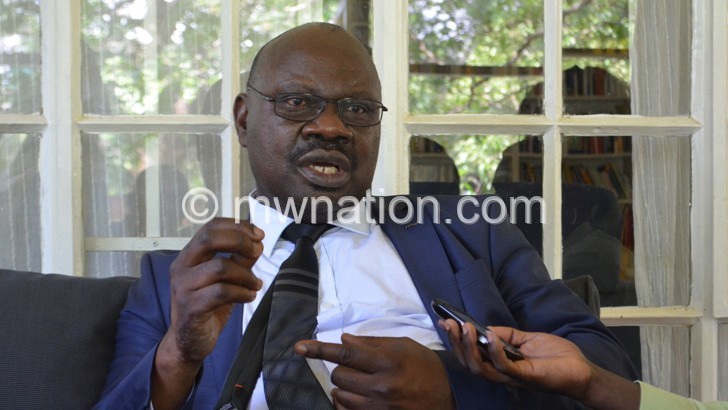Malawi is hosting the Africa Swimming Confederation (Cana) Zone IV Swimming Championship at Africa Bible College (ABC) in Lilongwe starting this morning.
Swimmers are expected from 14 countries.
Kenya, Mauritius, Seychelles and Zambia arrived in the country on Monday while those from Madagascar, Zimbabwe, Mozambique, South Africa, Swaziland, Namibia, Botswana, Uganda and Angola were expected to join yesterday.
“We expect a full house by today [yesterday] because all the teams that registered have confirmed their coming,” Malawi Aquatic Union (MAU) vice-president Monica Chang’anamuno said in an interview.

MAU has assigned 32 swimmers to represent the country in the four-day competition that winds up on Saturday.
Notable faces in the squad are Ammara Pinto, Tayamika Chang’anamuno, Mwandeyi Kumwenda, Michael Swift, Constantino Yiannakis and Filipe Gomez.
The athletes were selected based on their performances during the Malawi Open Championship held over a fortnight ago at ABC.
National coach Yona Walesi said despite having two separate camps—in Blantyre and Lilongwe—he is optimistic that Team Malawi will do well.
“Due to some logistical challenges, we had one group training here and the other in Lilongwe which can somehow affect team spirit, but nonetheless, we are geared for the tournament as hosts,” he said.
Walesi said the group which was camping at Saint Andrew’s International High School in Blantyre, was expected to depart for Lilongwe yesterday.
On her part, Chang’anamuno said she anticipates stiff competition from other countries which underwent intensive preparations.
“It is going to be a tough competition because some countries have sent their best athletes who are trying to qualify for the Hangzhou Fina World Championship. Some of these athletes have been training in United States,” she said.
The world swimming championship will be held in China in December this year.
“However, despite the anticipated tough competition we are expecting our swimmers to stand up to the challenge and win a couple of medals,” said Chang’anamuno.
The last time Malawi hosted the event was in 2008. Last year the tournament was held in Zimbabwe and the hosts emerged champions.
Meanwhile, the MAU vice-president further brushed aside fears that they would face logistical challenges to host a tournament of such magnitude.
“Everything is in order and security is going to be tight at the venue. So, we do not anticipate any major challenges,” she said.
Government, through the Malawi National Council of Sports (MNCS), has been the main financier of the event after pumping in K30 million.
The council’s administration manager Henry Mereka said it supported the event because it will promote swimming as well as help its administrators gain experience in managing international events.
“Added to that, hosting the competition will ensure that we field a huge number of competitors because it will not be as costly as when the competition is held abroad,” he said.
Mereka also described the competition as a dress rehearsal for the Africa Union Sports Council Region 5 Games which Malawi is going to host in 2022.n
The post Swimming tourney gets underway appeared first on The Nation Online.

